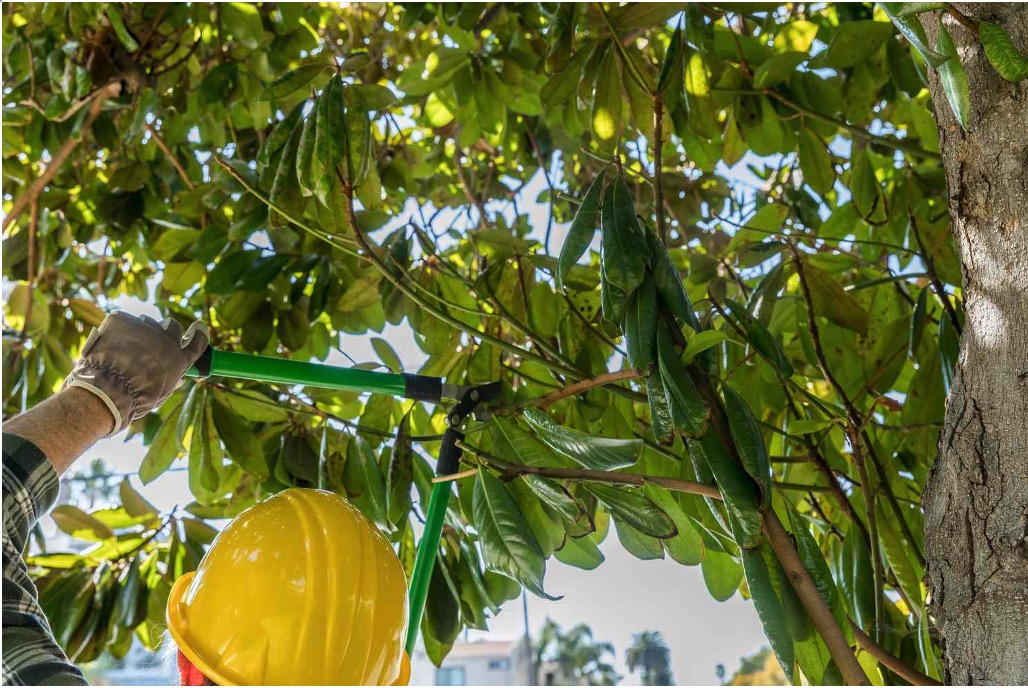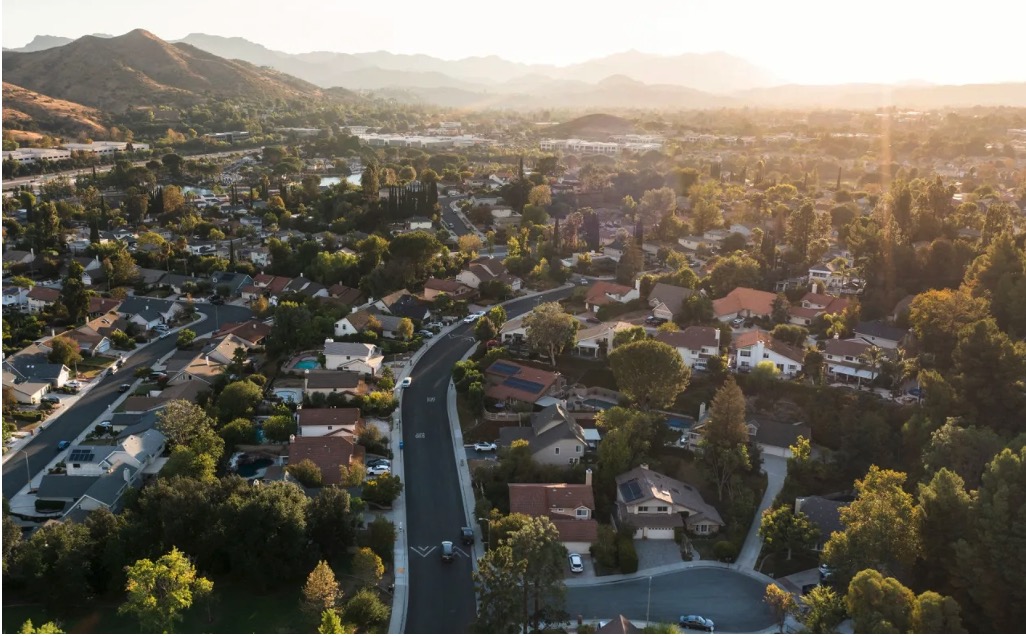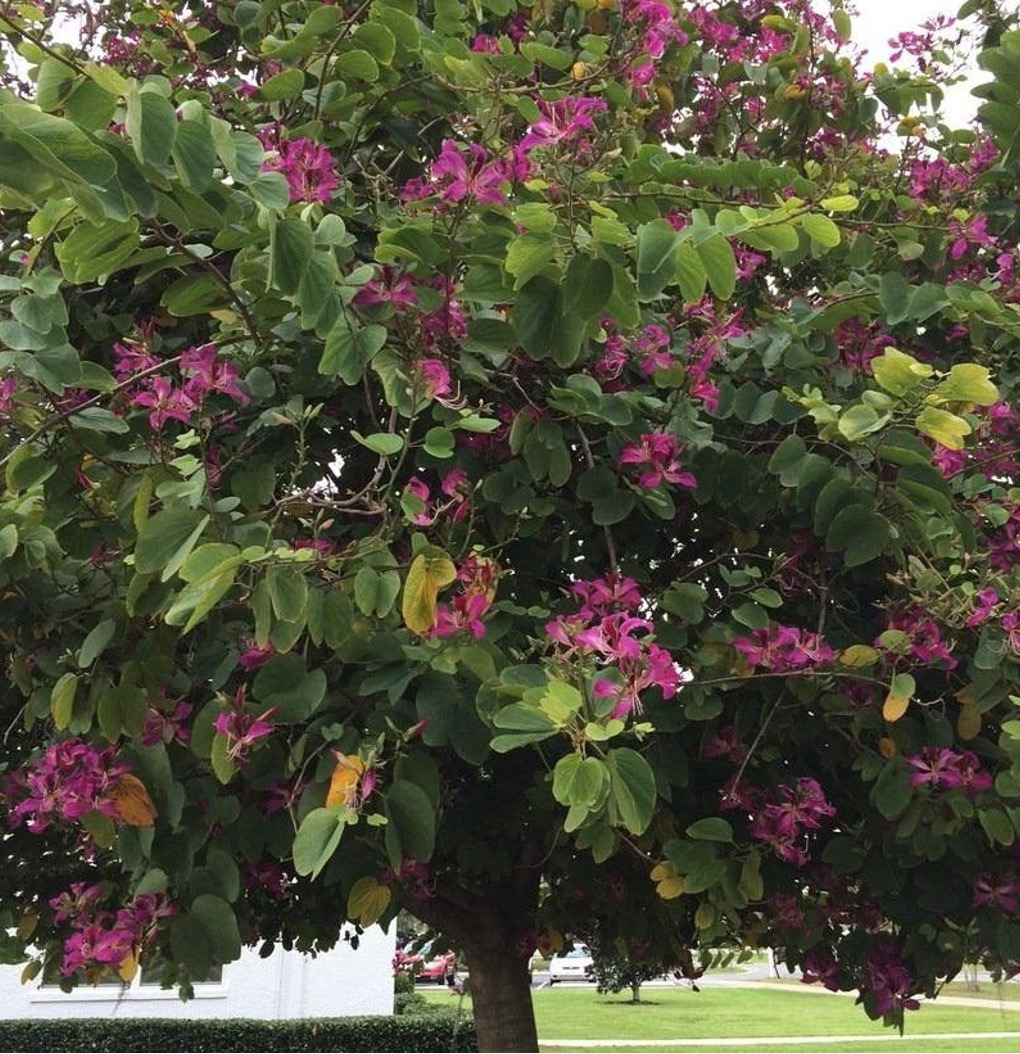Comments
URBAN WATCH - If there is anything which Los Angeles needs, it is trees, and a lot of them. Trees provide beauty, cool the city with shade, they enhance and enrich the lives of the city populace. They are greatly needed in the lower income neighborhoods. A City of Los Angeles Urban Forest seems like a very positive move to enhance the city.
However, there are questions on what is the Urban Forest, and which city departments and divisions care for and maintain the forest.
According to Streets for L.A., “The Urban Forest is comprised of the trees and understory vegetation growing in an urban area and, perhaps most importantly, people. This includes privately maintained trees, publicly maintained trees, and naturally occurring vegetation, i.e., hillside chaparral, riparian areas.”
“The Urban Forest is comprised of the trees and understory vegetation growing in an urban area and, perhaps most importantly, people. This includes privately maintained trees, publicly maintained trees, and naturally occurring vegetation, i.e., hillside chaparral, riparian areas.”

The responsibilities of maintaining the Urban Forest: “The (Los Angeles Bureau of Street Services) Division is responsible for the inspection of street trees, determining street tree species and locations, responding to public rights-of-way tree emergencies, street tree trimming when budgeted, determining street trees on development projects, oversight of street tree and median island maintenance contracts, and the enforcement of the City's protected tree code (Los Angeles Municipal Code (LAMC) Sec. 46)”
In the areas of Los Angeles adjacent to LAX, owned by the City of Los Angeles, and operated by Los Angeles World Airports/LAWA, some city streets around the airport are maintained by them.

Along the northern perimeter of LAX is Westchester Parkway. Is the Urban Forest of Westchester Parkway the responsibility of L.A. Bureau of Street Services, or LAWA?
West of Sepulveda Boulevard the parkway is fairly landscaped, mostly with Coral and Magnolia Trees. At the western end of the parkway, near Pershing Boulevard, they even planted some California natives. The California Golden Poppies were particularly beautiful earlier this year.
The north side of the parkway passes fenced off naturalized fields where homes once stood. The homes were moved or demolished to accommodate LAX expansion.
Currently the six-lane parkway carries little traffic, but LAX development plans should add more. With the landscaping, the empty fields and the open spaces of LAX, driving the parkway can be a nice respite from more urban-dense streets.
Westchester Parkway east of Sepulveda goes through soul-less parking lots for LAX, one for employees, the other for LAX travelers. A few years ago, to try to soften the harshness of this area, orchid trees ( Bauhinia variegata) were planted along the parkway. They were small when planted, and it has taken years for the trees to mature to flowering.

The existence in the universe of Orchid Trees is to flower. The flowering was anticipated to see some beauty in this otherwise desolate area. Indeed, the existence of all flowering trees is to share with the world their beauty.
In late spring or early summer the flowering Orchid Trees, strutting their beautiful flowers, were pruned and mangled. What was left were thin branches with remnants of a few flowers and leaves. They looked awful, and not the graceful and beautiful branches covered in flowers. The flowering orchid trees provided visual respite from the bareness of this street. But after the pruning and the removal of most of the flowering branches it was now a street which looked like it survived a bombing.
It was a disheartening. It was sad. It was Los Angeles, which seems incapable of creating and maintaining a place and sense of beauty.
Infuriated, with the uncertainty of who was responsible, I contacted Los Angeles Bureau of Street Services and LAWA, to ask who was responsible for denying the Orchid Trees their fulfillment of bringing beauty into the world. Who mangled the Urban Forest?
I had to contact L.A. Bureau of Street Services twice, even though I gave the exact location in the first email, they still asked for the location of the mangling of the urban forest. They did not reply to my second email.
I also sent an email to LAX/LAWA, and going on three weeks there is no reply.
My hunch is that this mangling of the Orchid Trees was the responsibility of LAX/LAWA. This hunch is from seeing aggressive tree pruning along Westchester Parkway west of Sepulveda Boulevard with vehicles from LAX/LAWA lining the parkway when the pruning took place. The Coral Trees (Erythrina) in the median and the Magnolia Trees in the sidewalks of the parkway have suffered the same fate of aggressive pruning while flowering.
We are denied the beauty of flowering trees because somewhere, someone, or a group, made a decision to prune the beautiful trees when in flower. This denies their existence in the universe of providing us with some sense of beauty.
LAX/LAWA is part of the City of Los Angeles, and for the people of Los Angeles. This section of the Urban Forest is not the exclusive domain of LAX/LAWA, but for all of the city.
Maybe it is the jet noises and perpetual running of machines of LAX which twists the organizational mindset of LAX/LAWA to not see those fleeting moments of beauty, such as from flowering trees. The beauty of these trees are not appreciated, not acknowledged, not protected, but like automatons, the pruners just do the schedule, and do not question their actions in destroying beauty. It is just cut, cut, cut because that is the day’s work order.
Along the parkway near the bareness of LAX, we now need to wait another year for the Orchid Trees, Coral Trees and Magnolia Trees to fulfill their duty of creation and flower for our benefit.
Does no one at LAX/LAWA have the sense to see the fleeting beauties in these flowering trees, and postpone their pruning, which so far has not been a pruning but a mangling of the Los Angeles Urban Forest?
Can they not create a database to record which are the flowering trees, when they flower, and when to not prune them and mangle the Urban Forest?
Los Angeles is denied the enjoyment of these flowering trees, sacrificed at the expediency of automatonic pruning schedules.
(Matthew Hetz is a Los Angeles native, a composer whose works have been performed nationally, and some can be found here. He is the past President of the Culver City Symphony Orchestra and Marina del Rey Symphony. His dedication to transit issues is to help improve the transit riding experience for all, and to convince drivers to ride buses and trains to fight air pollution and global warming. He is an instructor at Emeritus/Santa Monica College and a regular contributor to CityWatchLA.)















